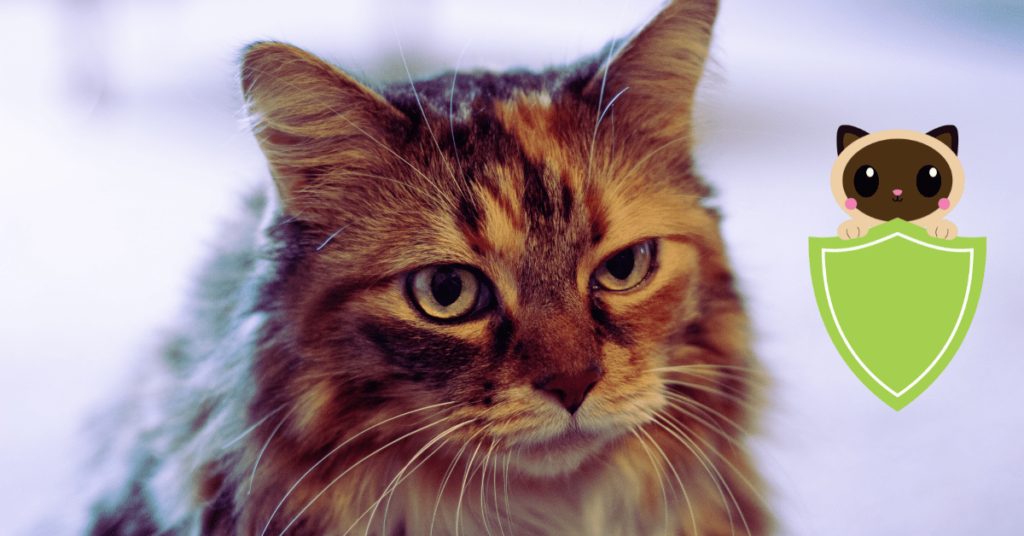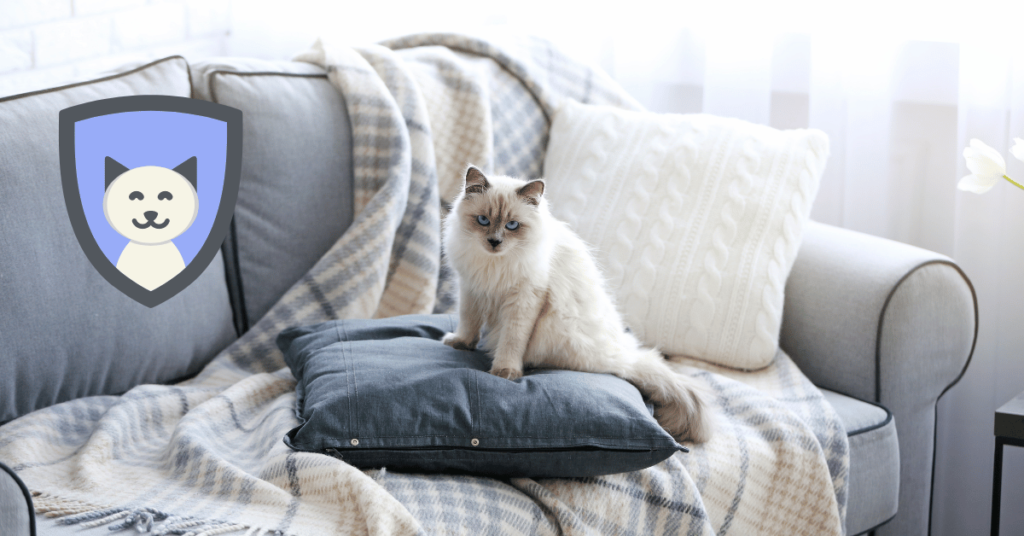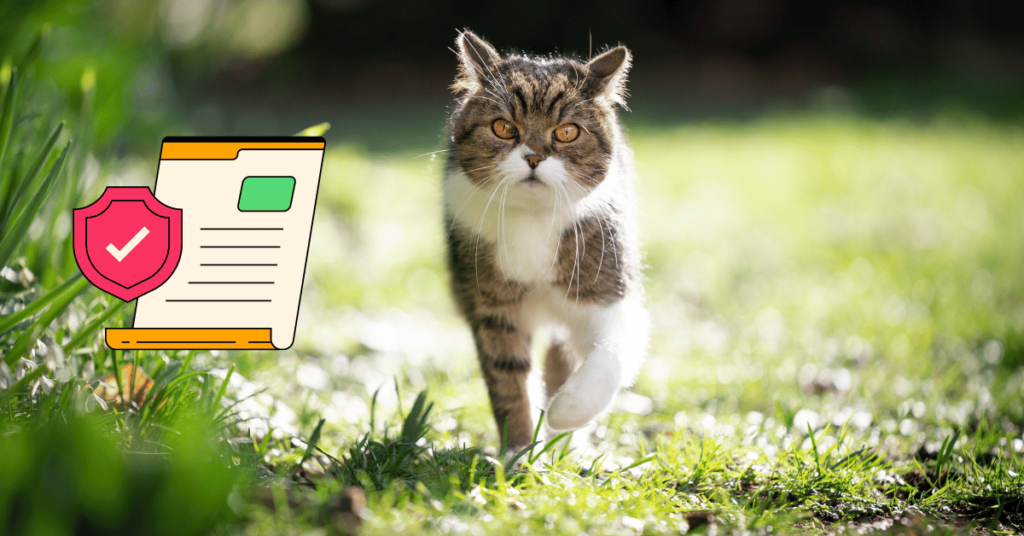As your cat ages, they become more susceptible to health issues that can be costly to treat. For older cats, routine veterinary visits are generally not enough to prevent conditions like arthritis, dental disease, or even kidney failure. That’s where pet insurance for senior cats can be incredibly helpful. In this article, we’ll explore what senior cat insurance is, why it’s important, and how to choose the right policy for your aging feline friend.
Can You Get Pet Insurance for Older Cats?
Yes, you can get pet insurance for older cats, though some providers may have certain restrictions. Many pet insurance companies offer accident and illness coverage, which includes protection against unexpected health conditions and injuries. Some companies also offer wellness plans that cover routine care, such as vaccinations and dental checkups.
It’s important to note that not all insurers will cover pets beyond a specific age limit. Typically, cats are considered senior at around 14 years old. While many insurers will allow you to insure your cat before this age, some may stop offering new policies to cats once they reach a certain age. Therefore, it’s wise to consider pet insurance when your cat is younger and still healthy.
Is My Cat Too Old to Insure?
Most insurers allow you to insure cats as long as they are between 8 weeks and 14 years of age. After your cat reaches 14, it becomes more difficult to find insurance, as providers become wary of the increased likelihood of claims due to age-related health problems.
The younger you insure your cat, the lower the premiums would be. Additionally, insuring your cat early can help avoid coverage restrictions for pre-existing conditions, which are generally not covered by pet insurance policies.
How Much is Senior Cat Insurance?
Insurance premiums for older cats are typically more expensive than those for younger cats. This is because older pets are more prone to developing health issues. That said, compared to dog insurance, the increase in cost for senior cats may not be as dramatic.
As your cat gets older, the premiums are likely to rise, but insurance can still save you a lot of money in the long run by covering some of the most expensive treatments for age-related conditions.
Why Get Pet Insurance for Older Cats?

Older cats are more likely to suffer from health problems that require medical attention, which can quickly add up in veterinary bills. Here are some common health issues faced by senior cats:
- Arthritis: A common condition in older cats that causes joint pain and stiffness. While there is no cure, it can be managed through medication and lifestyle adjustments.
- Dental Disease: Periodontal disease is common in older cats and can lead to pain and tooth loss. Regular dental care, including professional cleanings, can help prevent severe dental issues.
- Renal (Kidney) Failure: Chronic kidney disease is one of the most common health issues in older cats. While it can’t be cured, early detection can help manage the disease and extend your cat’s life.
- Hyperthyroidism: This condition causes an overproduction of thyroid hormones, leading to symptoms like increased thirst and weight loss. It is treatable with medication or surgery.
- Heart Disease: Often acquired in older cats, heart disease can be managed with medication, and early diagnosis can improve the quality of life.
- Cancer: Senior cats are at a higher risk of developing various types of cancer, including lymphoma and skin cancer. Treatment for cancer can be very expensive, making insurance a valuable tool to help cover the costs.
Is It Worth Having Pet Insurance for Older Cats?
The decision to get insurance for your senior cat depends on several factors, including your cat’s current health and any pre-existing conditions they may have. Pet insurance generally doesn’t cover pre-existing conditions, so if your cat has an existing illness or chronic condition, that specific issue won’t be covered.
However, pet insurance can still offer valuable protection against new conditions and accidents that occur after the policy’s waiting period. It’s particularly beneficial for cat breeds prone to hereditary disorders, such as Siamese cats, which are susceptible to conditions like retinal atrophy or hip dysplasia.
While accident-only coverage is often cheaper, it might not be the best option for senior cats, as it doesn’t cover illnesses, chronic conditions, or age-related health problems. Comprehensive coverage is often a better choice for older cats.
What is the Best Pet Insurance for Senior Cats?

Some of the best pet insurance companies that offer coverage for senior cats include:
- ASPCA Pet Insurance
- Pets Best
- Petplan
- Trupanion
- Healthy Paws
Each of these providers offers policies that cover cats up to at least 14 years of age. It’s important to carefully compare each policy’s terms, such as waiting periods, coverage limits, and what specific treatments are included.
Where to Find Pet Insurance for Older Cats
If you’re considering pet insurance for your senior cat, you can find coverage options through many major pet insurance providers. Some companies may offer discounts or special features, so it’s worth shopping around and comparing different policies to find the best fit for your pet’s needs.
Conclusion
Pet insurance for older cats can be a smart investment, offering financial protection against unexpected health issues that are very common in aging felines. While the premiums may be higher for senior cats, the savings on veterinary costs—especially for conditions like arthritis, kidney disease, or cancer—can be substantial.
If your cat is approaching their senior years, it’s worth exploring pet insurance options to provide peace of mind and ensure your feline friend continues to receive the best possible care as they age.
So that was all about this article. If you have any further questions feel free to comment down below. We are always here to help you!




